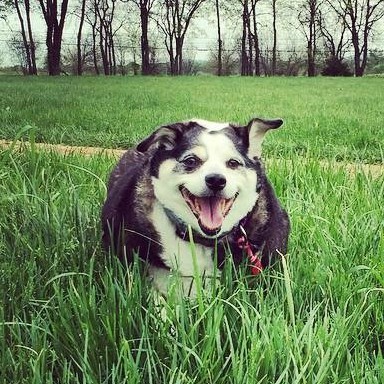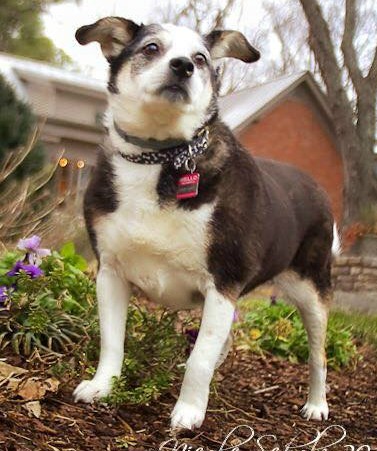13 Oct Pet Obesity: A Growing Problem
Special thanks to Dr. Kristal Turner, Animalia (http://www.animaliawellness.com/) Franklin, TN
We’ve all seen them. The plump dog waddling toward the camera with his tail wagging; the Garfield-like ‘fat cat’ lounging in the sun. Our first instinct is usually, “oh, how cute,” but in reality, obesity in pets has become a major health concern. Pets at an unhealthy weight face the same problems as overweight people: diabetes, heart disease, joint problems, and more. October 12 is Pet Obesity Awareness Day. Dr. Kristal Turner at Animalia in Franklin, Tennessee, works with pets and their owners to safely rehabilitate overweight pets.
Step one is the weigh-in. A body condition score is assigned using the standard 9-point scale:
1-3: too thin
4-5: ideal
6-9: overweight to obese
Dr. Turner says: Depending on where the patient falls on that scale, I calculate the ideal body weight, the recommended daily caloric intake for weight loss and how many weeks to meet that goal. I will also sometimes screen for underlying metabolic disease that may be contributing to weight gain, mainly hypothyroidism or Cushing’s disease in dogs.
The physical rehabilitation process involves frequent underwater treadmill sessions (3 times weekly, 2-3 sessions per day) and circuit training through therapeutic exercises to increase heart rate and burn calories.
Cats are prone to occult (hidden) heart disease, so I recommend a cardiac work up prior to exercise for them.
We track their weight loss by weekly weigh-ins, with a goal of no more than 2% weight loss per week. This is especially important for cats as they can develop hepatic lipidosis if they lose weight too quickly. We can also take objective measurements of trunk and limb circumference to track centimeters lost.
Nutrition is super important, too! A high protein, lower carbohydrate, good quality diet for dogs and cats helps with weight loss.
Your veterinarian will check your pet’s weight as part of an annual check-up and make recommendations for adjustments to diet, exercise, or both. If you have any questions about whether or not your pet is at his or her optimum weight, contact your vet.


Before & After photos attached are “Baby Girl,” courtesy of Snooty Giggles Dog Rescue


